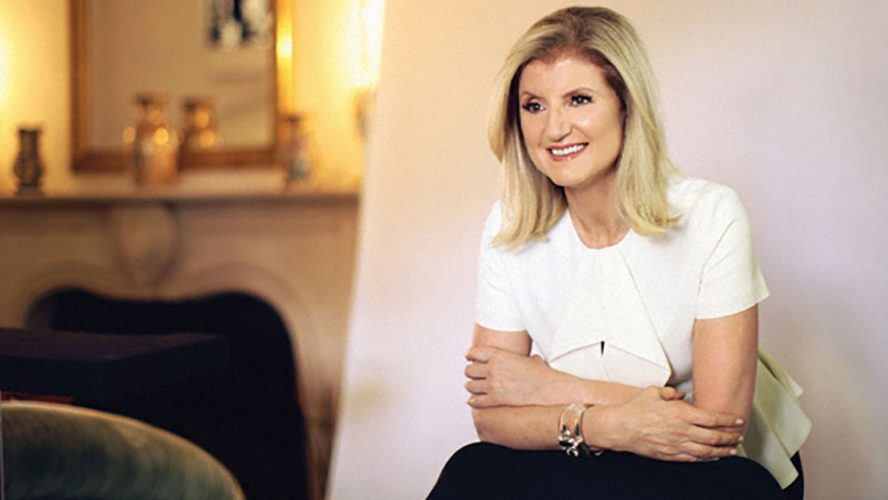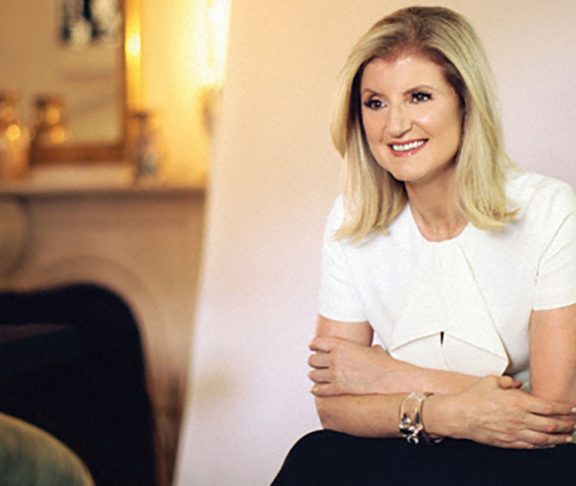After facing a severe case of sleep deprivation, Arianna Hufftington made an effort to improve her state of sleep. We spoke with the president and former editor-in-chief of the Huffington Post on what changes she made.
When did you realize how important sleep is?
I had a painful wakeup call in 2007. There were many years where I subscribed to a very flawed definition of success, based on burnout and overwork. Sleep deprived and exhausted, I fainted, hit my head on my desk and broke my cheekbone.
Why are you such an advocate of getting eight hours of sleep a night?
Not that everyone needs eight hours; it’s not a magic number. It’s about getting enough sleep so we can be at our best. Experts say that for most people, it’s around seven to nine hours. Because our creativity, ingenuity, confidence, leadership and decision-making can all be enhanced simply by getting enough sleep. To say nothing of improved health, since there’s a direct connection between sleep and our physical health, too.
What are some of the problems associated with lack of sleep?
A recent study by Duke University has found that poor sleep is associated with higher stress levels. This puts people at a greater risk of heart disease and diabetes. They also found that these risks are greater in women than in men. The list goes on and on; sleep, or lack of it, is associated with depression, anxiety, obesity, dementia and Alzheimer’s disease. There is no element of life that’s not diminished by a lack of sleep.
Bill Clinton famously got only five hours of sleep a night. He admitted, “Every important mistake I’ve made in my life, I’ve made because I was too tired.”
How does enough sleep improve your daily life?
Instead of being among the sleep-deprived majority, I started my day feeling like one of those “rise and shine” people; I hit the ground running, minus the morning mental fog. Sleep is a great gateway habit—a new behavior that allows you to make other changes in your life. Once I started regularly getting seven to eight hours of sleep a night, habits, like meditation and exercise, became easier.
Why do you think that people take pride in not getting enough sleep?
Nothing succeeds like excess, we are told. Part of that is the dangerously wrongheaded assumption that getting by on less sleep is an express elevator to the top in today’s work world. It’s part of our sleep-macho culture that equates sleep deprivation with dedication and hard work and values quantity of work over quality.
As a result, sleep—or how little we get—has become a symbol of our prowess, a badge of honor. We make a fetish of it. It’s even considered a virility symbol. I once had dinner with a man who bragged that he’d gotten only four hours of sleep the night before. I resisted telling him that the dinner would have been a lot more interesting if he had gotten five.
What advice do you have for people putting life before sleep?
I learned the hard way that there is no trade-off between living a well-rounded life and high performance — performance is actually improved when our lives include time for renewal. You have an opportunity to immediately improve your health, creativity, productivity and sense of well-being. Start by getting just 30 minutes more sleep than you are getting now. Go to bed earlier, or you could also take a short nap during the day—or both.

